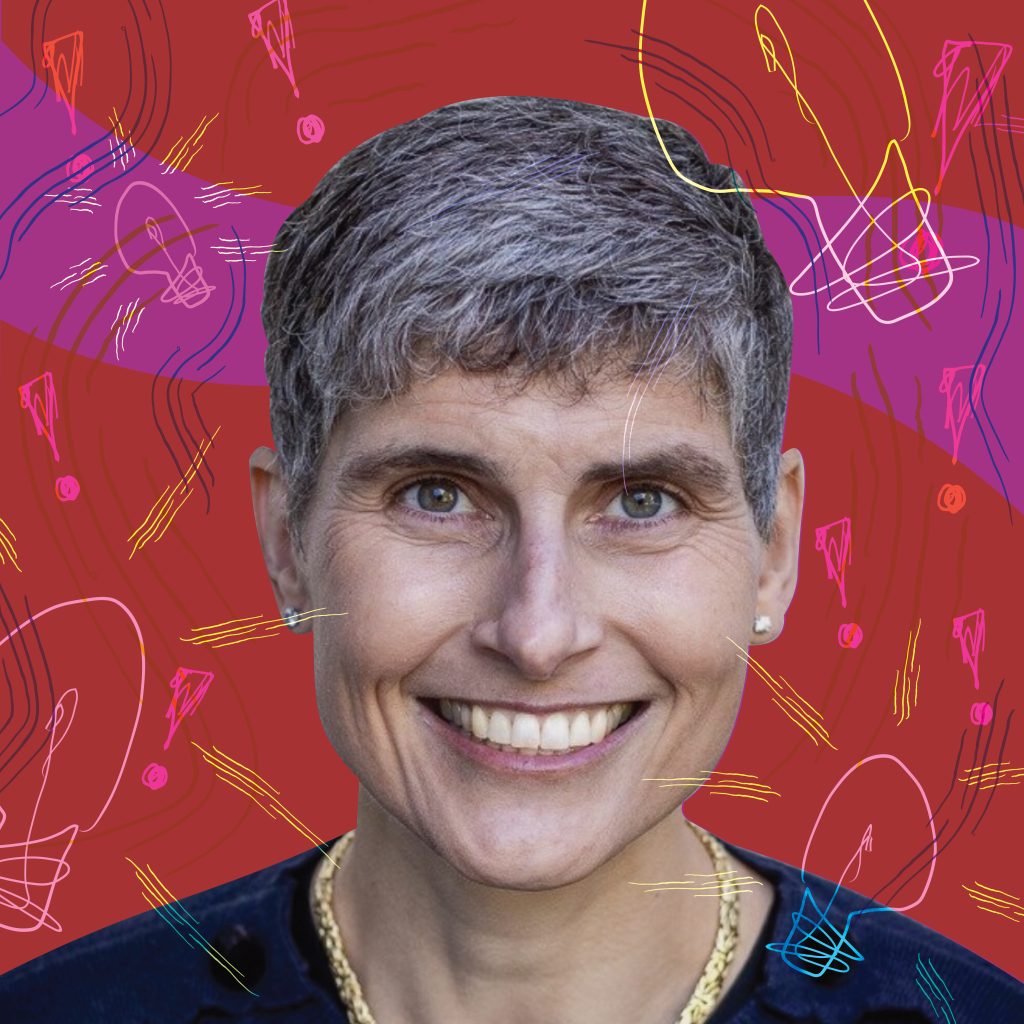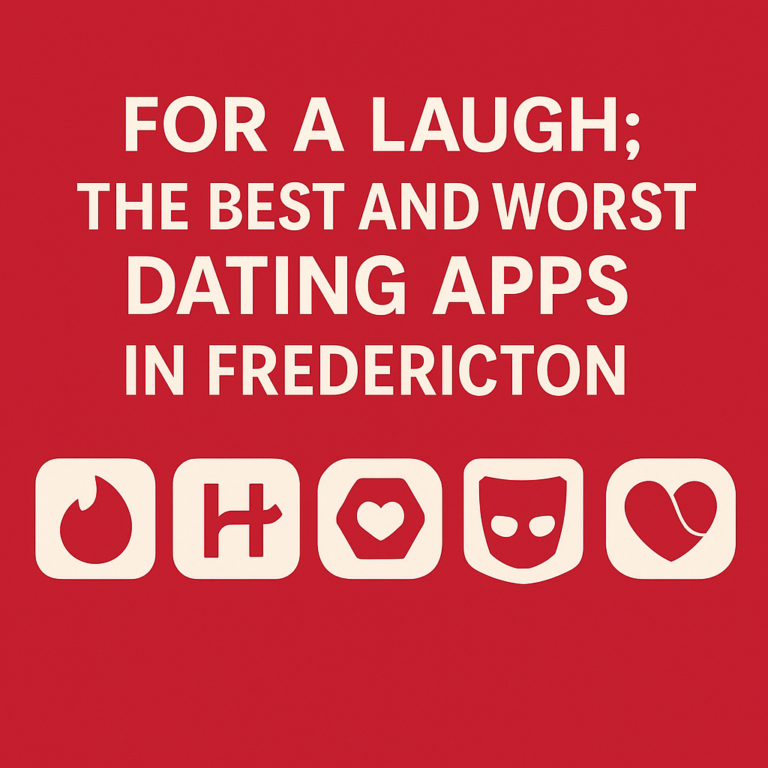This week, I interviewed researcher and English professor Dr. Jennifer Andrews of The University of New Brunswick. Her research centres on how relationships between Canada and the U.S. have shaped literary and cultural studies in both nations. Her teaching material includes Canadian and American literature, Indigenous literatures of Turtle Island, literary theory, and cultural studies.
She began her teaching career at UNB as an Assistant Professor in July 1999, and was granted early promotion and early tenure in Winter 2003. She became a full professor in July 2009.
Dr. Andrews received her B.A. and Honours in English Literature from McGill in 1993. She went on to complete her M.A. in English Literature from the University of Toronto in 1994. In June 1998, Dr. Andrews successfully defended her dissertation “Fields of Rye: Theorizing the Serious Laughter of Humour in Nineteenth- and Twentieth-Century American and English-Canadian Fiction.” She earned her Ph.D. in English Literature.
She currently teaches ENGL 1000: Introduction to Twentieth-Century English Literature and ENGL 3698: Canadian Literature from 1970 to the Present at UNB.
Her interest in this unique field was piqued during her undergraduate studies at Duke University (North Carolina):
“A lot of the work that was being done … on Canadian-American literature really didn’t pay a lot of attention to Indigenous literatures and [those] are literatures that often challenge the ideas that we have about nations, how we divide nations, why we have a Canada-U.S. border that insists upon passports, and why we split what are often reservations that exist, that straddle the border.”
Dr. Andrews also expressed that she began to question the common misconceptions about Canada’s similarity to the U.S. during university:
“There was a real presumption that Canada was pretty much in many cases the same as the U.S., and that there really wasn’t the kind of distinction being made between Canadian and American writers or thinking about Canadian writers as anything other than American.
That’s where the newest project is coming from, as it looks at American writers who write about, in most cases, kind of untold stories or histories of Canada that have been suppressed or ignored and what we can learn from them as a result of those fictional encounters, but fictional accounts of things that matter to Canadian history.”
She also spent time studying Indigenous North American female poets:
“The reason I was doing that was because … Indigenous poetry has been historically overlooked. The women poets that I was looking at were also typically less studied than male poets and I was interested in how these poets were thinking about borders and boundaries differently. Some of them definitely were kind of challenging and raising questions about how to understand nation-to-nation relations, but also talking about things that kind of transcended borders.”
She refers to herself as a “settler scholar-” a scholar who is non-Indigenous and lives in North America. Her work on Indigenous subjects has shifted over the years as the field becomes more saturated with Indigenous scholars apt to tell their own stories.
“I’ve switched from publishing on Indigenous literatures because there’s been such a growth and propensity of Indigenous scholars who are coming out and producing really wonderful books about their own communities, tribal communities, and perspectives. Most of the work that I do now is either teaching in the classroom, or mentoring students, Indigenous students, and I’ve done some teaching at the Mi’kmaq-Wolastoqey Centre, which I did in the hope of them bringing in an Indigenous person to replace me.”
Though, interestingly, she also emphasizes the importance of non-Indigenous input in Indigenous studies. She explains:
“I think there’s often the sense that … it’s up to Indigenous peoples to educate non-Indigenous folks about how to bring about truth and reconciliation. And I actually think the reverse is true, that it’s our responsibility as settlers, to learn about Indigenous cultures, with care and with respect, and to pay attention to what we’re hearing and learning and then to makes sure that … if we are teaching those words, that we’re teaching them with a great deal of thoughtfulness and not just presuming that it’s up to Indigenous individuals to educate us generally to, you know, create a kind of space for truth and reconciliation. I guess it’s a different approach.”
Regarding her courses, Dr. Andrews continues to challenge her students to think critically about why certain bodies of literature have dominated over others:
“I think it’s important for students to know both the more canonical works that have been taught that have kind of been seen as representative of Canada, and then to think about the ways in which some of the other texts that we’re reading, which arguably have become canonical because they’ve been included in anthologies over time [show that] Canadian literature seems to be more and more diverse. So, there’s a kind of catch-22 on that, you know. How much do we want to embrace as Canadians that diversity, or what we would like to call multiculturalism, and then what things does studying multicultural Canada preclude or allow us to overlook?”
Near the end of the interview, Dr. Andrews underscored a commonly misplaced ideology about how Canadians may feel in comparison to the U.S.: “exceptional.”
“A former graduate student published a book where she talks about Canadian exceptionalism,” she explains. “What she’s really talking about, I think in part, is the way in which we as a nation have taken the idea of American exceptionalism as a kind of beacon of freedom and a new life and turned it into our own narrative, where we’re exceptional in relation to the U.S. And that’s a very problematic way to position yourself if you’re not going to scrutinize what lies beneath.”
For more information on Dr. Jennifer Andrews, or to view her publications, visit her website at www.jenniferandrews.org.




